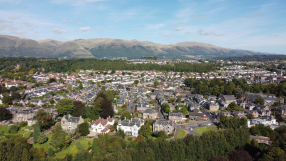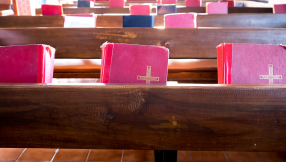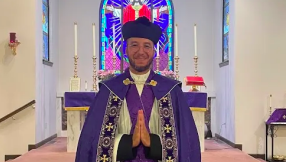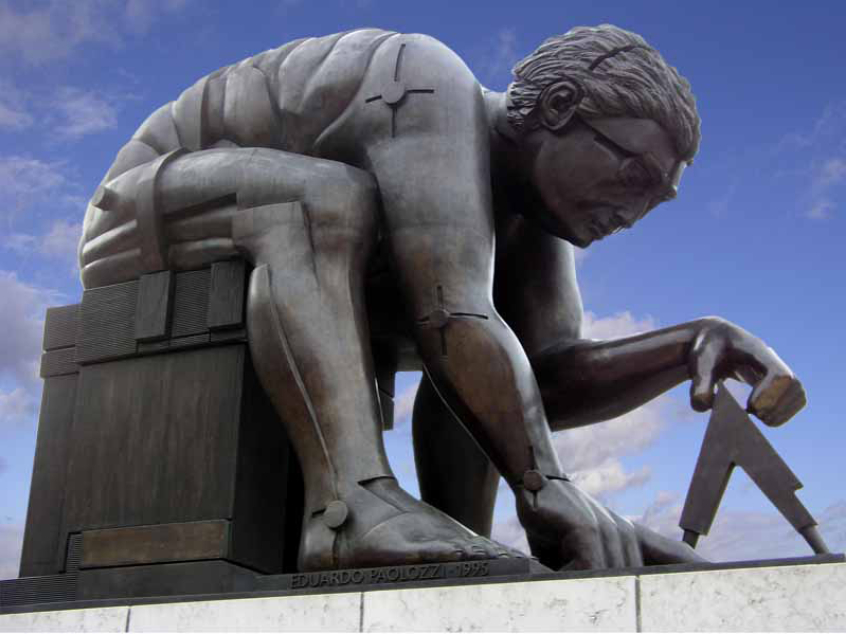
Are God and science at war? It's a popular conception in modern culture, but one that would have been strongly denied by the man at the heart of the scientific revolution.
Isaac Newton died on this day in 1727. His discovery of the gravitational force, amongst many other things, transformed the way we see the world. He was also a Christian with a deep interest in theology and the Bible.
Newton began his prodigious career at Cambridge University, which is also where he was converted to Christianity. Science, Newton said, 'cannot explain who set the planets in motion. God governs all things.' Newton saw science as a 'garden' that God wanted him to cultivate, and saw his many of his pioneering discoveries as coming from the inspiration of the Holy Spirit. He saw an intelligent designer behind the order of the universe, sustaining creation, and he described atheism as 'senseless'.
Newton said: 'This most beautiful system of the sun, planets, and comets, could only proceed from the counsel and dominion of an intelligent and powerful Being ... This Being governs all things, not as the soul of the world, but as Lord over all; and on account of his dominion he is wont to be called Lord God.'
He also made significant discoveries in the fields of calculus, optics and celestial dynamics. Alongside his scientific work, he was a committed Anglican who invested in activities such as distributing Bibles to the poor and supported church-building projects in London.
His landmark work Principia Mathematica laid out a new understanding of the heavens and the earth – including his discovery of the laws of gravitation – that quickly entered the scientific curriculum. The mathematical physicist Stephen Hawking called Newton 'a colossus without parallel in the history of science'.
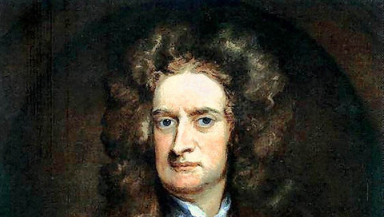
Newton was the first scientist to receive a Knighthood. He received widespread fame and adulation, and his death was mourned as a deep loss to Britain. What is less well known is his profound interest in the Bible, and Newton invested much time in interpretations of the prophecies of Daniel and Revelation seeking to understand their meaning for the future.
He wrote 1.3 million words on biblical topics. His life is a reminder that commitment to science and to God need not be at odds.
He once said: 'I don't know what I may seem to the world, but, as to myself, I seem to have been only like a boy playing on the sea shore, and diverting myself in now and then finding a smoother pebble or a prettier shell than ordinary, whilst the great ocean of truth lay all undiscovered before me.'
His legacy is not simply his ground-breaking science, but a vision that saw God not distant from the laws of creation, but at the heart of it all.











